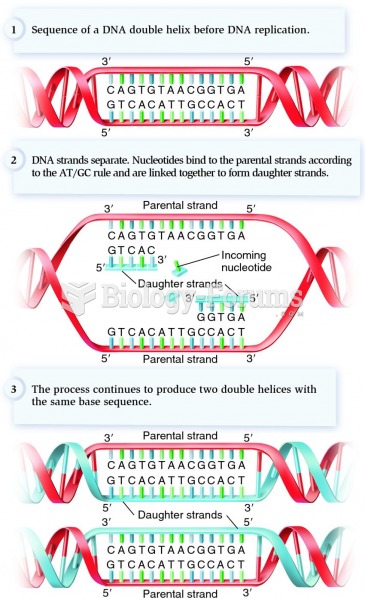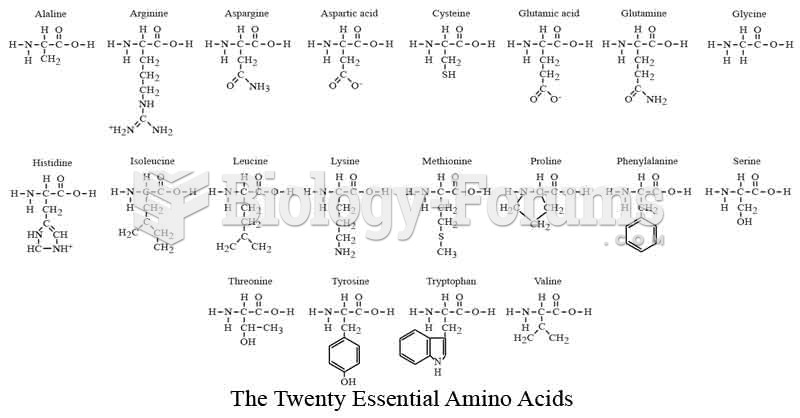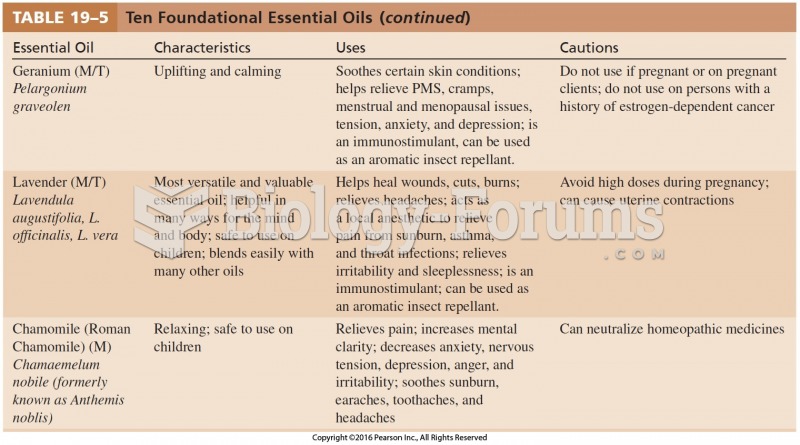This topic contains a solution. Click here to go to the answer
|
|
|
Did you know?
As the western states of America were settled, pioneers often had to drink rancid water from ponds and other sources. This often resulted in chronic diarrhea, causing many cases of dehydration and death that could have been avoided if clean water had been available.
Did you know?
The longest a person has survived after a heart transplant is 24 years.
Did you know?
By definition, when a medication is administered intravenously, its bioavailability is 100%.
Did you know?
If you could remove all of your skin, it would weigh up to 5 pounds.
Did you know?
Acetaminophen (Tylenol) in overdose can seriously damage the liver. It should never be taken by people who use alcohol heavily; it can result in severe liver damage and even a condition requiring a liver transplant.







